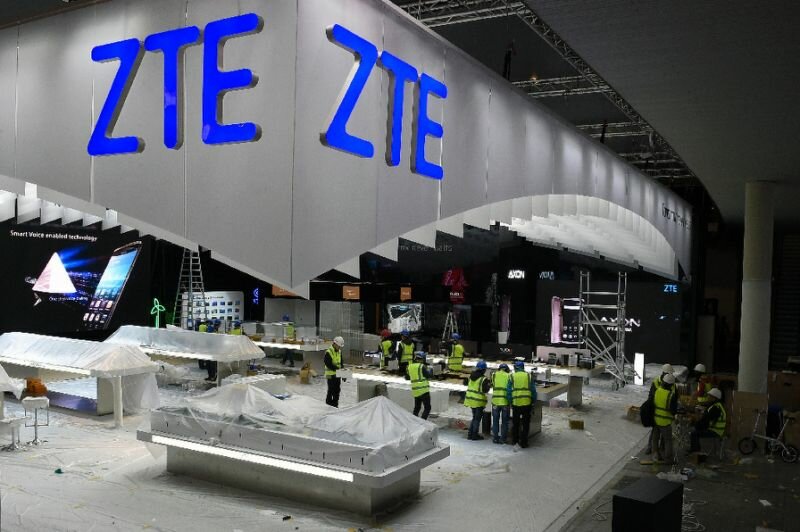Chinese giant ZTE fined $1.1B for violation of US rules
By Anthony KaiKai
Chinese telecom giant ZTE has been fined 1.1billion dollars and will plead guilty to charges that it violated US rules by shipping US-made equipment to Iran and North Korea.
The Justice Department says ZTE Corp obtained and illegally shipped US-made equipment to Iran in violation of US sanctions. It also sent goods to North Korea without the correct export licenses.
The US says ZTE lied to authorities and its own lawyer about the violations. It must now pay 892 million dollars penalty as well as 300 million dollars which will be suspended for seven years depending on the firm meeting certain conditions.
ZTE says it acknowledges it has made mistakes, and is working towards improving its procedures.
Meanwhile, major aircraft leasing companies have offered a lukewarm response to proposals by Boeing to build a bigger version of its 737 MAX family to counter the Airbus A321neo.
Boeing has begun offering the model code-named 737 MAX 10X to airlines, saying it would be the most efficient single-aisle jetliner in the business, a claim disputed by Airbus.
Steven Udvar-Hazy, executive chairman of Air Lease, who is regarded as one of the industry’s most influential voices, questioned the logic of adding a longer version of the slow-selling 737 MAX 9, which was rolled out yesterday.
If, as expected, Boeing decides formally to launch the jet, it would be one of five variants of the firm’s upgraded single-aisle 737 jet family.
Finally, Asian stocks erased early losses and edged higher today as strong China trade data bolstered bets of a recovering global economy, though gains were capped by caution ahead of a widely expected U.S. interest rate hike next week.
China’s imports in February grew 44.7 percent from a year earlier on a Yuan-denominated basis, accelerating from the previous month and leading to a rare trade deficit for the country. Exports rose 4.2 percent.
Key exporter Taiwan reported solid shipments for the first two months of 2017 while Japan GDP data for the December quarter was revised higher thanks to increased capex spending.
Asian stocks remain cheaper versus their U.S. counterparts but they are approaching the upper end of a historical trading band on a price-to-earnings basis.





